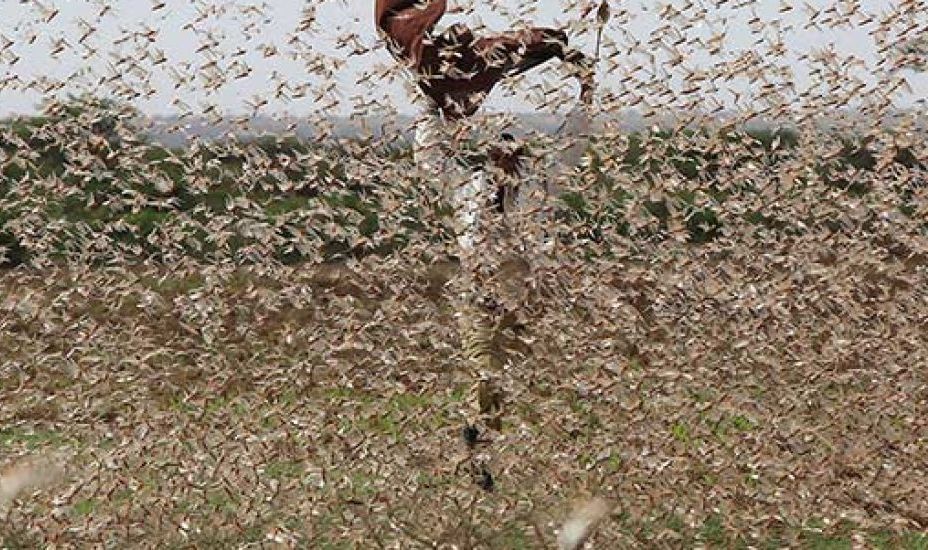Written by ISA activists in Iran and abroad.
It is crucial that workers in all different industries move into action in an organised way on the basis of a revolutionary program.
In recent days, teachers have organized nationwide strikes, while the strike wave in the oil, petrochemical and other sectors has not really developed further or expanded. Many workers have participated in the growing movement on the streets and have seen and experienced the growing brutal repression. It is crucial that workers in all different industries move into action in an organised way on the basis of a revolutionary program: to demand the release of all political prisoners, full rights for women, LGBTQI+, and for national, ethnic and religious minorities and to link these demands with the need to take over the political and economic power to ensure a complete break with the rule of the Mullahs, by expropriating the revolutionary guards and their massive wealth gained by exploiting the masses. Workers’ councils and their coordination is key to not only develop the struggle further — into a general strike. But also, to begin the struggle for democratic workers’ control over the economy and the key industries as a crucial step for a successful working class and socialist revolution.
Together with activists in Iran and abroad ISA has drafted and is proposing a set of demands for discussion here.
We call on everyone — inside and outside Iran — who wants to join the struggle for such a socialist alternative to contact us. It is necessary to not only coordinate, but to build a unified socialist force, build a revolutionary party of youth, workers, poor and peasants to lead this struggle to victory.
Statement of the “Revolutionary Youth Council of Sanandaj”
We publish here a statement of the “revolutionary youth council of Sanandaj”. The foundation of this council and similar ones throughout the country is a very important step to democratically coordinate and organize the revolutionary movement.
“Now is the time to turn our networks of communication and our links, which we have achieved in building during this period of struggle, into a more-evolved organisation. Now is the time to think about creating neighbourhood committees and councils, and student councils in universities and in schools. Our call to other parts of society is to form workplace and neighbourhood committees and councils. Whether these forms of organisation are clandestine or open depends on the balance of power, which can be determined by revolutionary youth and freedom-loving people locally. The council movement and the effort to create it gives our movement such strength that, along with the courage and sacrifices of the youth and the people, encourages the hope of victory, makes repression harder for the oppressors, and lowers the cost of the struggle.
The creation of these councils will help the scattered struggles of the youth to become more coordinated, to develop a program, to develop plans and to choose certain tactics. These immediate and effective measures, in addition to providing the youth movement with order, direction and planning, will also prevent individual mistakes and increase the confidence of those fighting on the streets and prevent wasted efforts. In addition, taking a lead in this manner, increasing the level of organisation and developing a distinct leadership, will increase the confidence of different social strata in the youth and provide the basis and possibility for them to join the movement. The local youth organisations will be able to mobilise the neighbourhood residents for struggle. The urban youth organisations make it possible to mobilise the residents of the city. This issue also applies in universities, schools, and other areas, and it draws a larger force of students and other parts of the society into a coordinated struggle. We insist that all young people unite and coordinate in a single movement, with a single organisation, leadership and plan in neighbourhoods, universities and high schools, and form a single front.
We must try to enter the organising phase immediately, after a month of effort and sacrifice that has changed the balance of forces in society. Organising is not easier than street protests. This work requires a huge effort, the task of which is placed on the shoulders of more experienced, organised and knowledgeable youth. Friends and comrades! The revolutionary movement of the Iranian people has entered a new stage. Today, in addition to the unwavering support of militant teachers of the National Coordination Council, we are witnessing labour strikes in the south and in the key sectors of oil and petrochemicals, Haft Tappeh workers, fuel lorry drivers, etc. We hope that other sections of the working class and workers in the transport and urban services sector will join the nationwide revolutionary movement. Undoubtedly, the joining of different parts of the labour movement to this revolutionary uprising contains the promise of advance and victory.”



